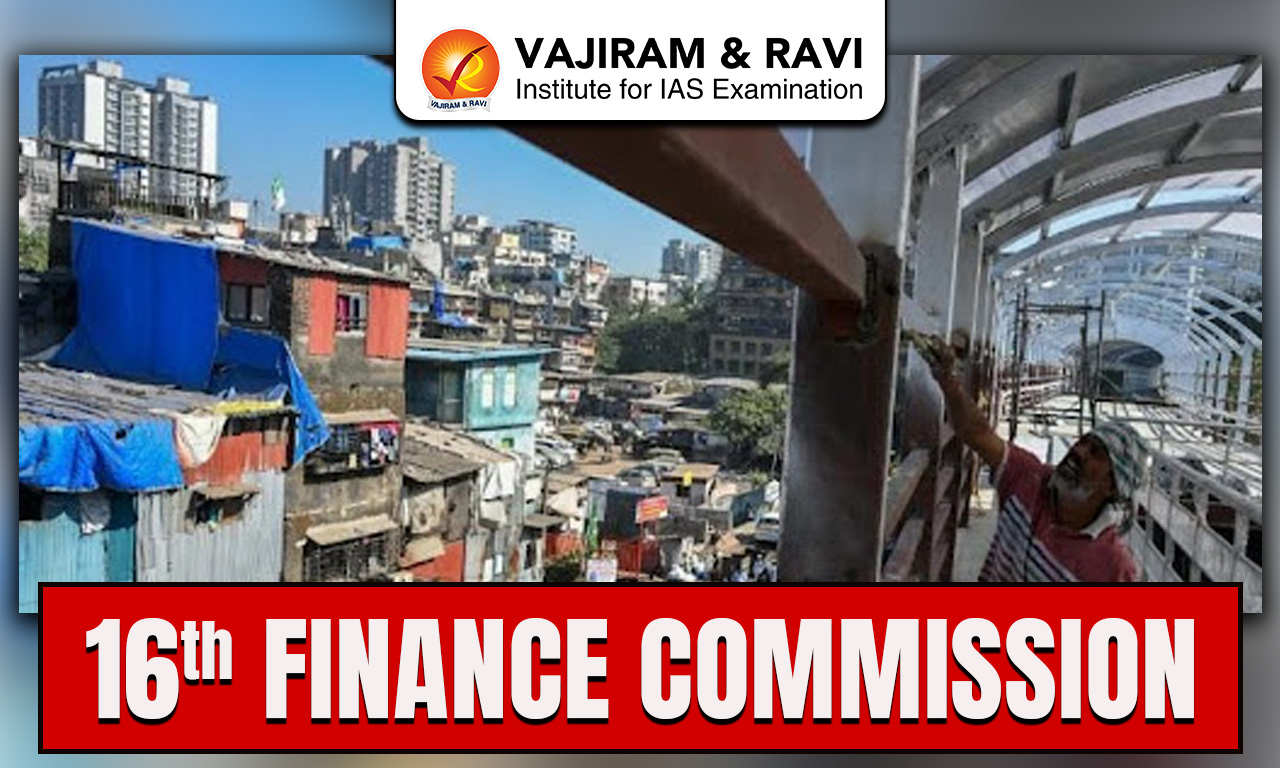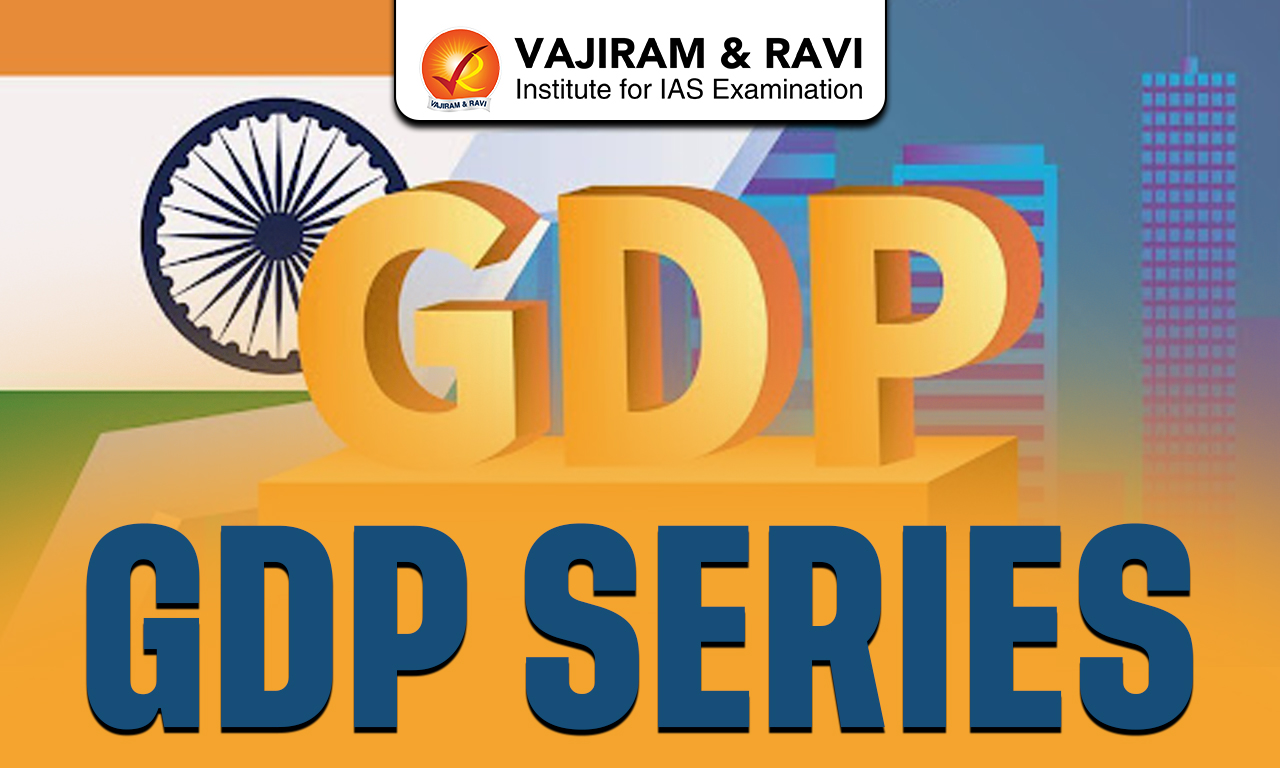What’s in today’s article?
- Why in the News?
- About Enforcement Directorate
- Objectives of the ED
- About Prevention of Money Laundering Act, 2002
- Powers of the ED under the Prevention of Money Laundering Act, 2002 (PMLA)
- News Summary
Why in the News?
- The Supreme Court endorsed the powers of the Directorate of Enforcement (ED), saying the Central agency could call “anybody for any information”.
About Enforcement Directorate
- The Directorate of Enforcement or Enforcement Directorate (ED) is a domestic law enforcement agency and economic intelligence agency.
- It is responsible for enforcing economic laws and fighting economic crimes in India.
- The origin of the ED goes back to May 1956, when an “enforcement unit” was formed, for handling Exchange Control Laws violations under the Foreign Exchange Regulation Act, 1947.
- In 1957, the unit was renamed as the Enforcement Directorate.
- Nodal Ministry: Department of Revenue, Ministry of Finance
Objectives of the ED
- The prime objective of the Enforcement Directorate is the enforcement of three key Acts of the Government of India namely:
- Foreign Exchange Management Act, 1999 (FEMA),
- Prevention of Money Laundering Act, 2002 (PMLA), and
- Fugitive Economic Offenders Act, 2018 (FEOA).
About Prevention of Money Laundering Act, 2002
- The Prevention of Money Laundering Act (PMLA), 2002 was enacted in January, 2003.
- The Act seeks to combat money laundering in India and has three main objectives:
- To prevent and control money laundering
- To confiscate and seize the property obtained from the laundered money; and
- To deal with any other issue connected with money laundering in India.
- Sec. 3 of the Act defines offence of money laundering as whosoever directly or indirectly attempts to indulge or knowingly assists or knowingly is a party or is actually involved in any process or activity connected with the proceeds of crime and projecting it as untainted property shall be guilty of offence of money-laundering.
- The Act was amended by the Prevention of Money Laundering (Amendment) Act, 2009 and by the Prevention of Money Laundering (Amendment) Act, 2012.
- Most recently, the PMLA was amended through the –
- Finance Act, 2015 (‘2015 Amendment’)
- Finance Act, 2018 (‘2018 Amendment’)
- Finance Act, 2019 (‘2019 Amendment’)
Powers of the ED under the Prevention of Money Laundering Act, 2002 (PMLA)
- Sections 48 & 49 of the PMLA empower the ED officers to investigate cases of Money Laundering.
- Section 50 (2) of the PMLA empowered the ED to summon “any person” whose attendance was considered necessary for giving evidence or production of records in the course of “any investigation or proceeding” under the statute.
- Section 50 (3) mandated that the individual summoned was “bound to attend in person or through authorised agents” and would be required to make truthful statements and produce the required documents.
- The ED has special powers for confiscating property under the PMLA Act.
- In 2022, the Supreme Court, in its rulings, upheld the powers of the ED under the PMLA, emphasizing its crucial role in preventing money laundering.
- However, the Supreme Court clarified that ED officials were not equivalent to police officers and could not make arrests under the PMLA.
- The court highlighted the importance of adherence to the rule of law and establishing checks and balances in the ED’s operations.
News Summary
- The Supreme Court endorsed the powers of the Directorate of Enforcement (ED), saying the Central agency could call “anybody for any information”.
- The Court reprimanded four Tamil Nadu District Collectors for failing to appear in person in response to a summons issued to them by the ED.
- The Tamil Nadu government and the Collectors informed the Court that they had written to the ED expressing their inability to appear in person owing to the fact that the General Elections in Tamil Nadu was due on April 19.
- They asked for more time to collect the information sought by the Central agency about sand mining sites in their respective districts.
- The court ordered the four Collectors to be present in person before the ED on April 25. It listed the case for hearing on May 6.
Q1. What is Hawala Money?
Hawala is an informal method of transferring money without any physical money actually moving. It is described as a “money transfer without money movement.” Another definition is simply “trust.” Hawala is used today as an alternative remittance channel that exists outside of traditional banking systems.
Q2. What is an Offshore Bank?
An offshore bank is a bank that is operated and regulated under an international banking licence, which usually prohibits the bank from establishing any business activities in the jurisdiction of the establishment.
Last updated on February, 2026
→ UPSC Notification 2026 is now out on the official website at upsconline.nic.in.
→ UPSC IFoS Notification 2026 is now out on the official website at upsconline.nic.in.
→ UPSC Calendar 2026 has been released.
→ UPSC Final Result 2025 is expected to be released in the first week of March 2026.
→ Check out the latest UPSC Syllabus 2026 here.
→ Join Vajiram & Ravi’s Interview Guidance Programme for expert help to crack your final UPSC stage.
→ UPSC Mains Result 2025 is now out.
→ UPSC Prelims 2026 will be conducted on 24th May, 2026 & UPSC Mains 2026 will be conducted on 21st August 2026.
→ The UPSC Selection Process is of 3 stages-Prelims, Mains and Interview.
→ Prepare effectively with Vajiram & Ravi’s UPSC Prelims Test Series 2026 featuring full-length mock tests, detailed solutions, and performance analysis.
→ Enroll in Vajiram & Ravi’s UPSC Mains Test Series 2026 for structured answer writing practice, expert evaluation, and exam-oriented feedback.
→ Join Vajiram & Ravi’s Best UPSC Mentorship Program for personalized guidance, strategy planning, and one-to-one support from experienced mentors.
→ Check UPSC Marksheet 2024 Here.
→ UPSC Toppers List 2024 is released now. Shakti Dubey is UPSC AIR 1 2024 Topper.
→ Also check Best UPSC Coaching in India


















